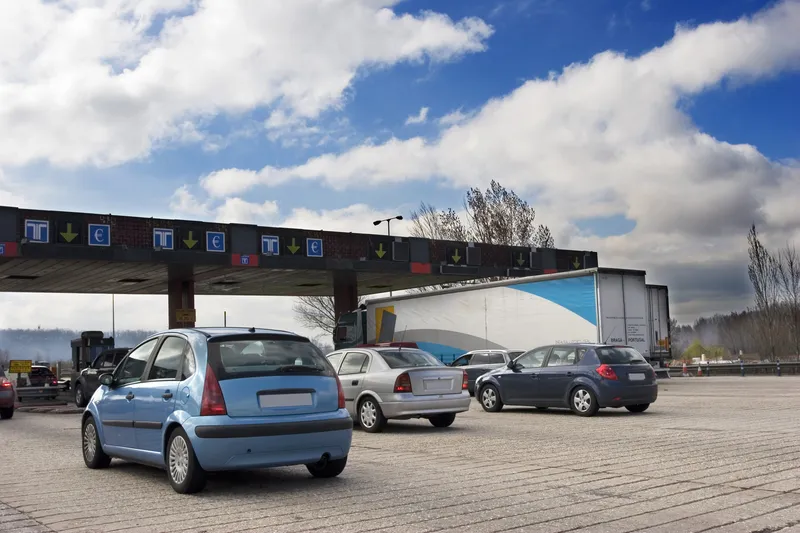The leading road concessionaire in Mexico, Ideal, has awarded Spanish multinational Indra a US$21.67 million contract for implementing its technology in the three motorways that make up what is known as Mexico's South Pacific Package for the amount of €17 million. The project consists of implementing the ITS as well as the tolls and electronic tolls on the motorway that connects the cities of Tepic and Guadalajara, the second most important in Mexico, as well as in the beltways of both cities.
May 22, 2012
Read time: 2 mins
RSSThe leading road concessionaire in Mexico, Ideal, has awarded Spanish multinational 509 Indra a US$21.67 million contract for implementing its technology in the three motorways that make up what is known as Mexico's South Pacific Package for the amount of €17 million.
The project consists of implementing the ITS as well as the tolls and electronic tolls on the motorway that connects the cities of Tepic and Guadalajara, the second most important in Mexico, as well as in the beltways of both cities.
Indra's intelligent traffic control technology will allow centralised and flexible management and monitoring of the three motorways, facilitating operations in a predictive manner and also programming demand in real time. A single control centre will integrate the information from the various subsystems that each motorway will be equipped with: vehicle detection and recognition systems, variable signalling that will provide drivers with information in real time, closed circuit television (CCTV), a traffic data collection system, weather stations, SOS telephony, infraction detection systems and communications.
Indra will also implement its toll and electronic toll technology in a total of 17 toll plazas and 149 lanes for manual, automatic and electronic toll collection (ETC). The ETC system will allow users to pay using a TAG device installed in their vehicle without having to stop or reduce their speed. The information from the various subsystems installed in the toll system, such as signalling, vehicle recognition, billing, communications, a backoffice system and a customer service system, will also be integrated with the control centre.
The toll for the Guadalajara-Tepic motorway (186 km) is scheduled to begin operating at the end of 2012, while the Libramiento Guadalajara (111 km) and the Libramiento Tepic (30 km) tolls will be available approximately one year later.
The project consists of implementing the ITS as well as the tolls and electronic tolls on the motorway that connects the cities of Tepic and Guadalajara, the second most important in Mexico, as well as in the beltways of both cities.
Indra's intelligent traffic control technology will allow centralised and flexible management and monitoring of the three motorways, facilitating operations in a predictive manner and also programming demand in real time. A single control centre will integrate the information from the various subsystems that each motorway will be equipped with: vehicle detection and recognition systems, variable signalling that will provide drivers with information in real time, closed circuit television (CCTV), a traffic data collection system, weather stations, SOS telephony, infraction detection systems and communications.
Indra will also implement its toll and electronic toll technology in a total of 17 toll plazas and 149 lanes for manual, automatic and electronic toll collection (ETC). The ETC system will allow users to pay using a TAG device installed in their vehicle without having to stop or reduce their speed. The information from the various subsystems installed in the toll system, such as signalling, vehicle recognition, billing, communications, a backoffice system and a customer service system, will also be integrated with the control centre.
The toll for the Guadalajara-Tepic motorway (186 km) is scheduled to begin operating at the end of 2012, while the Libramiento Guadalajara (111 km) and the Libramiento Tepic (30 km) tolls will be available approximately one year later.








